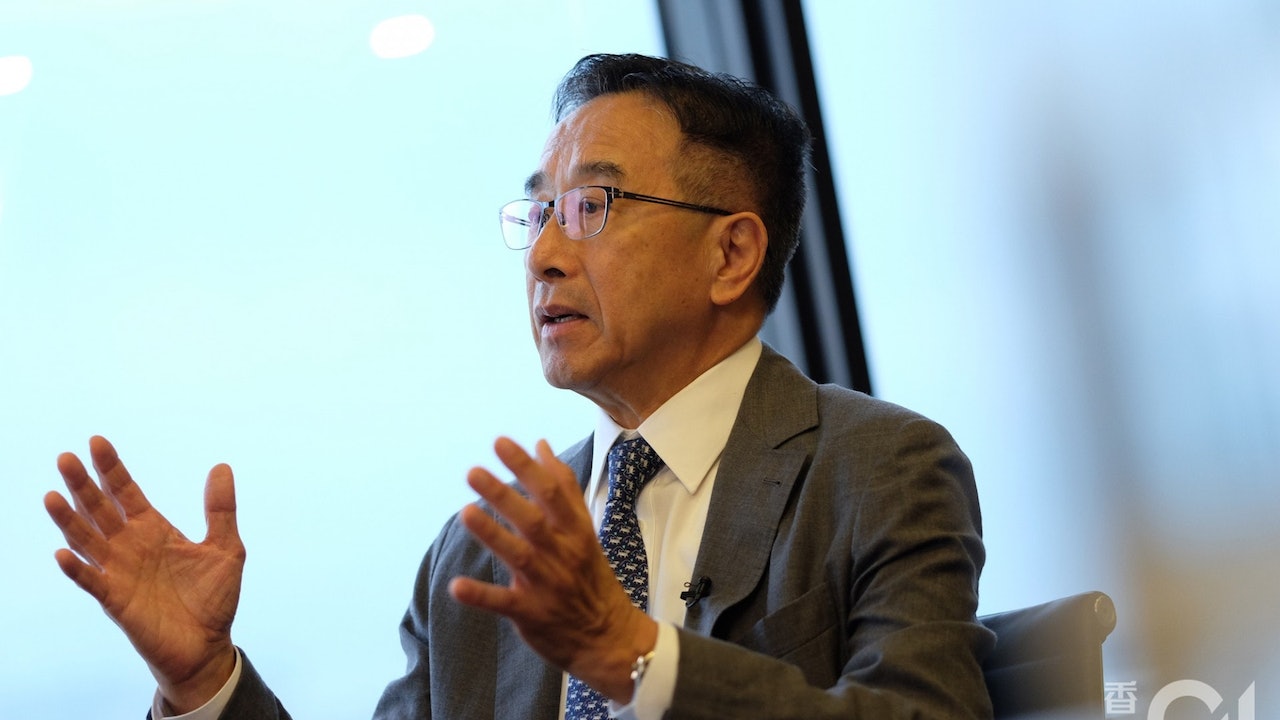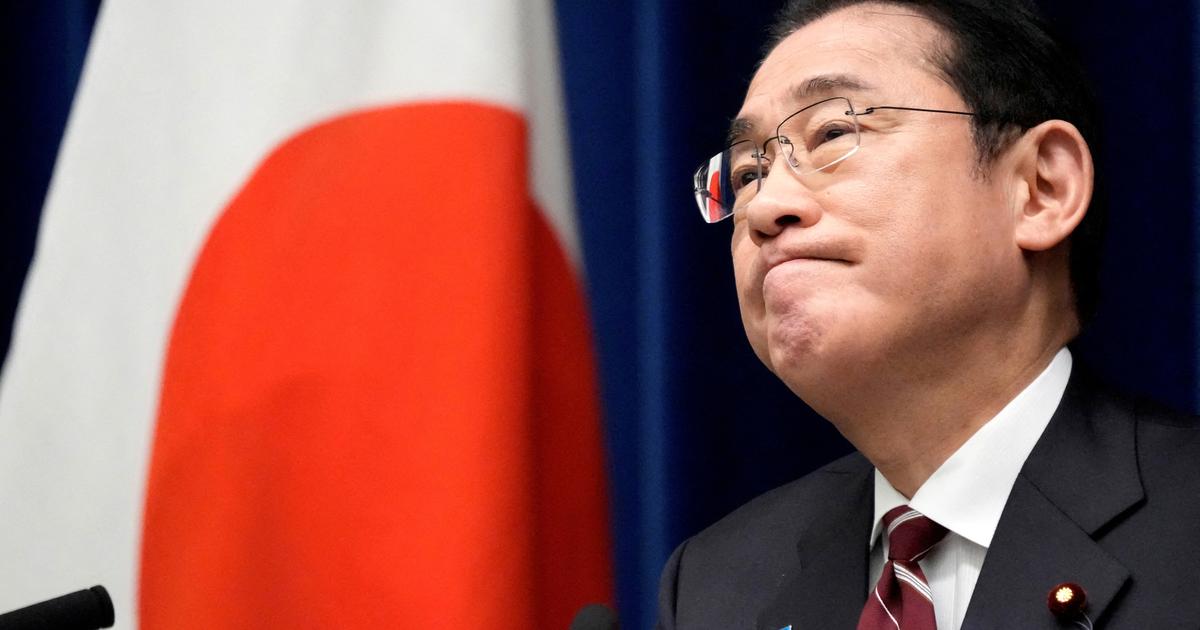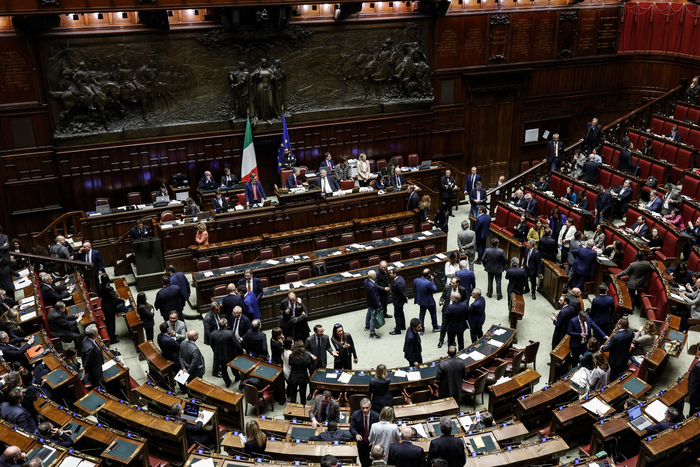The Liberal Party decided to abolish the honorary chairmanship, triggering the withdrawal of the three founding party veterans and honorary chairman, and the Liberal Party fell into a split again.
As a representative of the business community, the Liberal Party has been "unique" in political disputes for many years. The most classic battle is the fact that in 2003, the then party chairman Tian Beijun turned his back and opposed the legislation of Article 23 of the Basic Law. Since then, he has been dubbed "bad boy". After that, the party began to split, with a large number of members quitting the party and starting a new career.
With Tian Beijun's fading out in recent years, the Liberal Party's leader Zhang Yuren, who was promoted to the guild, "Hu Zhuang", supported the government's governance. The image of "bad boy" has basically been washed away. This time Tian Beijun, Zhou Liang Shuyi and others have left. It can be said to be "the end of an era".
In 2008, they split for the first time Liang Junyan, Lin Jianfeng and others to form another economic union.
The Liberal Party was founded in 1993, led by Li Pengfei, Zhang Jianquan, Tian Beijun, Zhou Liangshuyi and others, advertised as representing the business community and participated in elections at all levels.
In the 1995 Legislative Council election, founding chairman Li Pengfei won the seat through direct elections for the first time.
In 2003, the Hong Kong government proposed 23 pieces of legislation, and 500,000 people took to the streets to protest. The then chairman, Tian Beijun, resigned as a member of the guild, forcing the government to give up the legislation. Tian Beijun and Zhou Liang Shuyi moved to direct regional elections the following year and were elected by their high popularity, but they were not. Continuing, in 2008, the army was wiped out in direct elections in the region.
After the election, Liu Huangfa, Liang Junyan, Lin Jianfeng and others quit the party. This split hit the Liberal Party hard, leaving the party with only 3 Legislative Council seats at one point.
Liang Junyan and others later formed the National People's Federation, which also advertised as representing the business community, and the Liberal Party's influence in the political and business circles gradually diminished.
Later, the Liberal Party was reorganized and won 5 seats in the Legislative Council election in 2012, but the election of the Chief Executive in the same year caused controversy again.
At that time, the Liberal Party supported Tang Yingnian's candidacy, and was regarded as a "Tang camp". After Liang Zhenying was elected, the Liberal Party's "Tang camp" identity was once targeted.
In 2013, former Hong Kong People's Congress representative Wu Kangmin wrote an article in a newspaper, questioning that someone who voted blankly in the chief executive election was the "second echelon of the remnants of the Hong Kong British", and later claimed that the "second echelon" refers to the Liberal Party.
Liang Zhenying's appointment of Zhang Yuren to join the guild, Tian Beijun objected
The Liberal Party under the leadership of Tian Beijun has repeatedly criticized Liang Zhenying's governance. During the Occupy Central period in 2014, Tian Beijun was dismissed by the central government as a member of the National Committee of the Chinese People's Political Consultative Conference because he called for Liang Zhenying's resignation.
In 2016, the then Chief Executive Leung Chun-ying and the Liberal Party "break the ice" and appointed Zhang Yuren as a member of the Executive Council. Elders such as Li Pengfei and Tian Beijun expressed their opposition, questioning Zhang Yuren's "when you have time to engage in party affairs?" and asked him to resign as party chairman.
In the chief executive election of the same year, the Liberal Party opened up party members to vote freely, Tian Beijun supported Tsang Junhua, and Zhang Yuren supported Carrie Lam.
Later, when Lam Cheng was elected, Zhang Yuren also continued to serve as a member of the Executive Council and continued to serve as the party chairman.
The internal conflict of the amendment incident re-emerged, Zhang Yuren survived safely
The moderate line represented by Tian Beijun and the line of close cooperation between Zhang Yuren and the government caused divisions within the party.
In the turmoil of the amendments in 2019, Zhang Yuren expressed his support for the amendments on behalf of the Liberal Party, but Zhong Guobin, the representative of the "Tian Clan" and then party leader, had reservations. Tian Beijun also believed that government policies should not be blindly supported.
In July of the same year, the amendment incident turned into a fierce conflict. Four honorary chairman Tian Beijun, Zhou Liang Shuyi, Liu Jianyi and Fang Gang issued a joint letter asking Zhang Yuren to resign as a member of the Executive Council, but it was unsuccessful.
Tian Beijun launched the "Alliance of Hope" in 2020, flaunting the middle line to participate in the Legislative Council election.
(file picture)
Tian Beijun's "Alliance of Hope" quits after electoral reform
Although Tian Beijun speaks as the honorary chairman from time to time, in fact he has lost his "right to speak" in the Liberal Party, and Zhang Yuren, Shao Jiahui and others have become the mainstream of the party.
Tian Beijun formed the "Alliance of Hope" in the 2020 Legislative Council election, supporting Pan Zhuohong, Yuan Michang and others to run for the election, focusing on the middle line, but then the Legislative Council election was postponed, the central government revised Hong Kong's electoral system, and the "Alliance of Hope" also ceased to operate.
Tian Beijun explained that the political situation after the restructuring no longer requires the "key minority", which has lost the meaning of establishing the "Alliance of Hope".
After the electoral reform, the Legislative Council election was held in December last year. Zhong Guobin lost his bid for re-election, and the influence of Tian Beijun's faction within the Liberal Party was further weakened. As a result, the Central Committee "unanimously approved" today to cancel the honorary chairman position. Tian Beijun chose quit the party and leave.
The Liberal Party intends to cancel the honorary chairman Tian Beijun, Zhou Liang and other three veterans who quit the party and denounce the independence of the Liberal Party. The resignation letter of Tian Beijun and other veterans exposes three sins: it is definitely not a sentimental and righteous Liberal Party election | Zhang Yuren is appointed party leader Shao Jiahui Chairman Chen Xiaofeng promoted to leadership








/cloudfront-eu-central-1.images.arcpublishing.com/prisa/JM6IZGTVEFFQZMHAFVDKPJ7CKM.jpg)